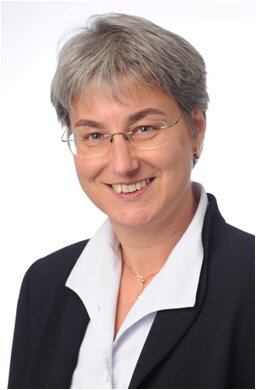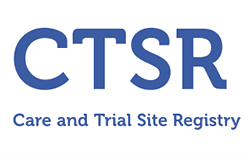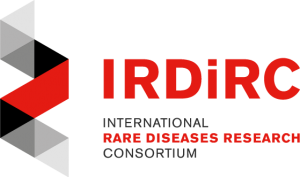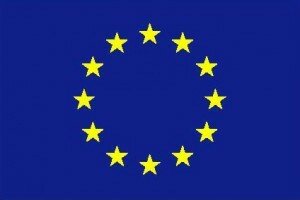 Head of the Institute of Human Genetics
Head of the Institute of Human Genetics
University Hospital Cologne
Email - Brunhilde
Prof. Wirth is Professor of Human Genetics and Head of the Institute of Human Genetics at the Medical Faculty of the University of Cologne in Germany. She graduated at the Faculty of Biology at the University of Bucharest in 1983. She gained a PhD at the Institute of Human Genetics at the University of Bonn in 1989. Before becoming an independent group leader in 1990, she spent one year of postdoc at the Imperial Cancer Research Laboratories in London in the group of Prof. Annemarie Frischauf.
Brunhilde Wirth worked from 1990-2003 at the Institute of Human Genetics in Bonn and received her venia legendi in Human Genetics and her speciality in Human Genetics in 1996. She was appointed as Head of the Institute of Human Genetics at the Medical Faculty of the University of Cologne in 2003, where she had the challenging opportunity to build up an entirely new Institute. Her main scientific interests are neurogenetics, molecular basis of diseases, epigenetics, therapy and modifying genes. Her particular focus is spinal muscular atrophy (SMA).
Prof Wirth contributed with over 100 original papers in this field and succeeded in making breakthrough contributions on the way from the gene to therapy of SMA. Her group successfully identified a first full protective SMA modifying gene. Brunhilde Wirth served on the board of the German Society of Human Genetics from 2002-2006, has been SPC member of the ESHG since 2005. Since 2009 she is chair of the scientific program committee of the ESHG. Brunhilde Wirth loves teaching and education of students and has become 2009 – as a successor of Prof. Victor McKusick – co-director of the European School of Medical Genetics.



